HOME > Football
Tottenham vs Manchester United s "chaotic" UEFA Cup final was planned by UEFA
12:55pm, 22 May 2025【Football】
When some competitor executives scoffed at the "chaos" between Manchester United and Tottenham Hotspur, they might have forgotten that such a situation is the product designed by the giant clubs themselves.
If the old rules were followed, Juventus and Manchester City should have been relegated to participate like non-Champions League top 16 teams, and it would be much more difficult for these two Premier League teams to enter Bilbao. But a series of major negotiations between 2019 and 2021 have changed the rules of the game, and it is these negotiations that ultimately spawned the European Premier League plan. Top giants are eager to get more insurance for the Champions League qualification, especially when they encounter such low seasons as Manchester United and Tottenham. According to insiders, one of the purposes of abolishing the Champions League relegation mechanism is to lay a shortcut to return to the top for such giants.
This season is the first season after the reform. The current situation perfectly confirms the original design intention of this "safety net". "This is an insurance policy," a certain authoritative person said bluntly, "they essentially weaken the competitiveness of the UEFA Cup." It is no exaggeration to call this final the most desperate showdown in European football history. The data tells everything: in all UEFA's events, there has never been a finalist such a low ranking in their national leagues.
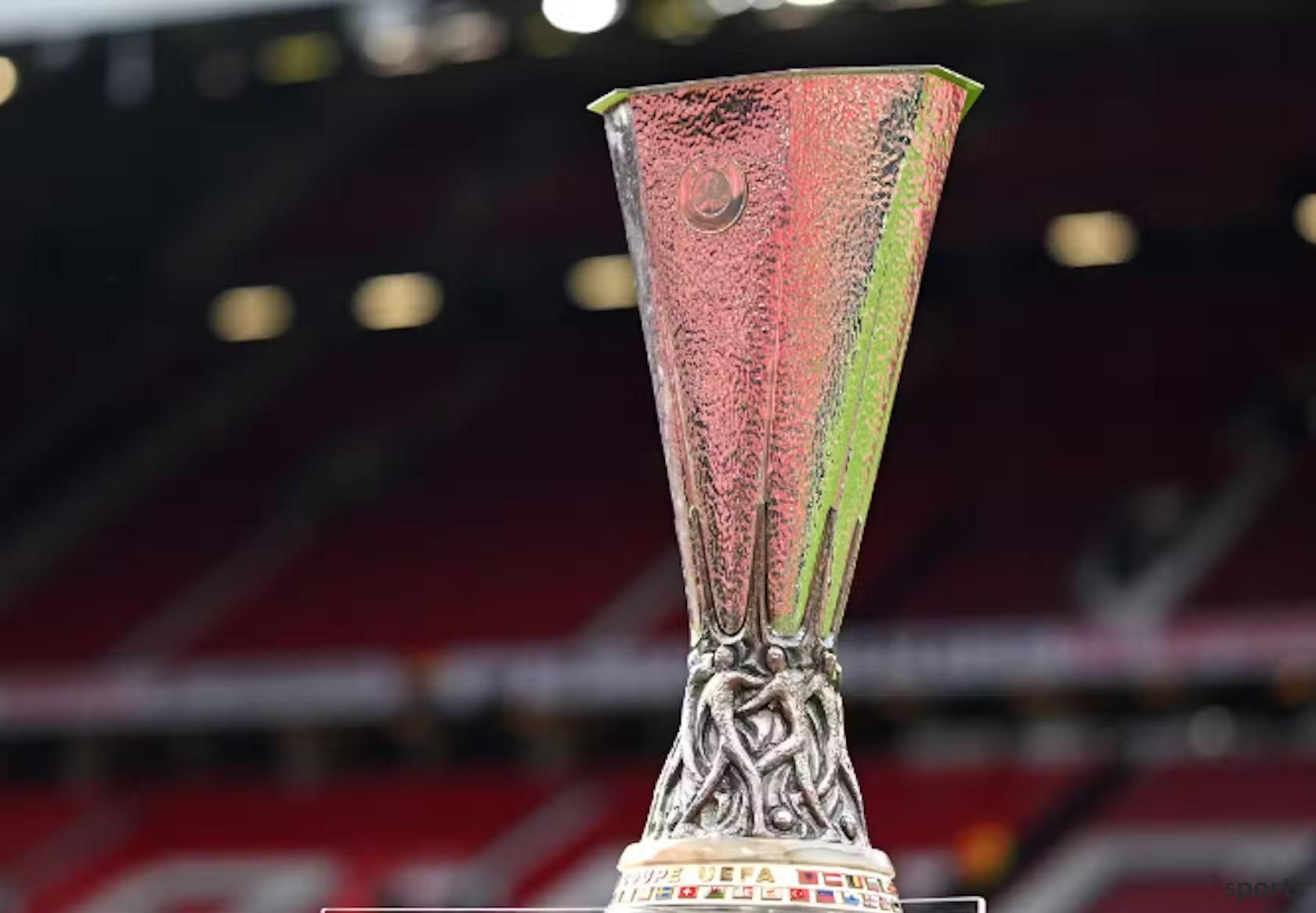
Tottenham is currently only higher than the relegation zone, and the other final team is even more trapped in the quagmire of 16th place. Although West Ham United reached the European Cup final with the 18th place in the league in the 1975-76 season, there were 24 teams in the Premier League at that time. Now these two final teams ranked 16th and 17th in the 20-team league, the picture is absurd - they look down on the English Championship, but covet the Champions League.
Europa League/League Cup Finals Teams' Lowest League Rankings:
1995-96 Bordeaux (Ligue 16/20)
1987-88 Espanyol (Luxury 15/20)
2005-06 Middlesbrough (Premier League 14/20)
1993-94 Inter Milan (Serie A 13/18)
1985-86 Cologne (Bundesliga 13/20)
This is in sharp contrast to the 1975-76 League Cup final (the season's Premier League champion Liverpool vs. A-League champion Bruges), and is far from last year's Berlin final. After Atlanta defeated Leverkusen, coach Gasperini said emotionally: "Winning the championship in Atlanta is like a fairy tale, which proves that football still has pure ideas, not a cold money game. "
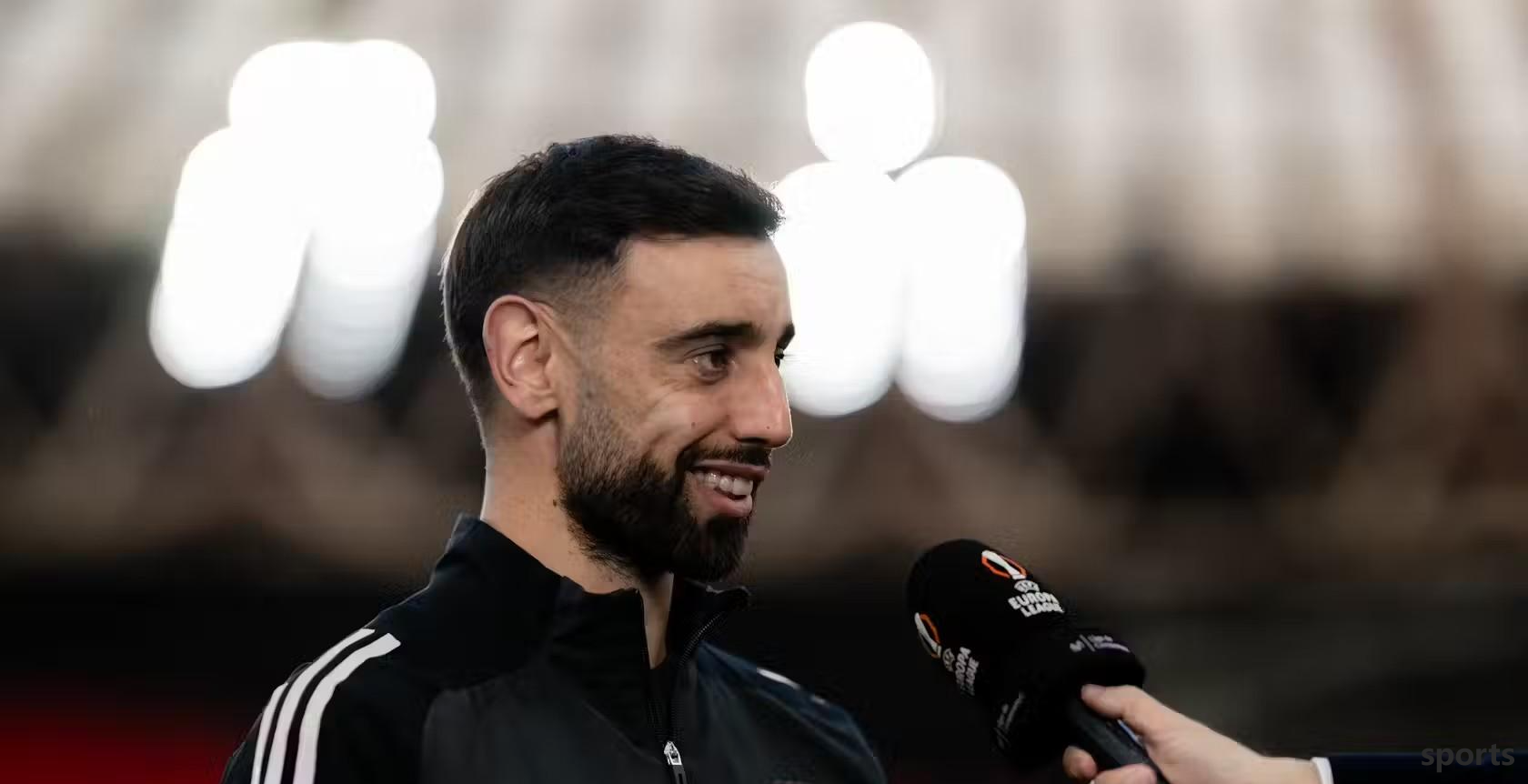
And the final is right in the opposite direction. Manchester United and Tottenham are able to reach this day, relying entirely on amazing financial resources to crush them, and the salary levels of their opponents they face are often less than their own. Bord Shine's salary budget is less than 1% to Tottenham, and Athletic Bilbao is only 20% of that of Manchester United. Even more ironic, these two teams, which have spent billions of pounds over the past five years but are still struggling in the league, now need more funds to try to get back to their peak.
According to the Deloitte Wealth List, Manchester United and Tottenham ranked fourth and ninth in financial positions, and should not have fallen to this point. In the football world where salary is positively related to league rankings 90%, they are not only the 10% alien, but also 0.1% of anti-alchemy. This huge waste of resources has given birth to current despair, which is contrary to the competitive nature of continental football, and is even more contrary to Gasperini's concept of "only talent is to take".
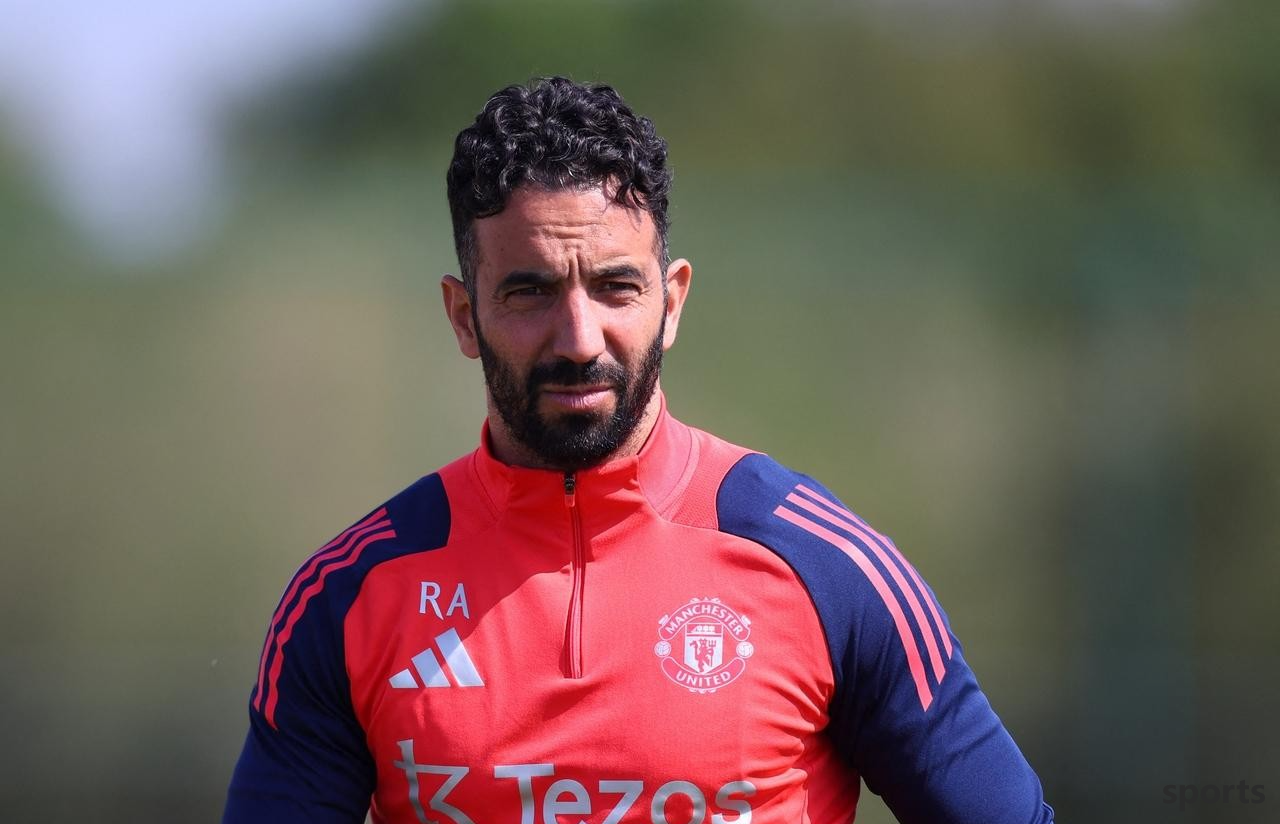
This final reflects the unsettling "financialization" trend in the football world. When Crystal Palace's FA Cup victory is exciting because of its purity, Tottenham regards the UEFA Cup as a lifesaver to end the 16-year championship drought, and Manchester United is eager to use the trophy to lay the psychological foundation for the new coach Amorin era. This utilitarianism is becoming increasingly fierce in the PSR (Profit and Sustainability Rules) era. The temptation of 100 million pounds behind the Champions League qualification has forced UEFA to customize more attractive events for business giants. The historic League Cup trophy is no longer enough.
Chris Houton, who had personally witnessed Tottenham's 1983-84 League Cup win, sighed: "In that era, I didn't consider money at all. Of course there were bonuses, but I was fighting for honor." The financial gap at that time was insignificant, but now it has formed a natural barrier, making the UEFA Cup final the best footnote to "financial football". This trend even affected the transfer strategy, and the club began to decide on the winter window signing based on potential bonus differences rather than competitive goals.
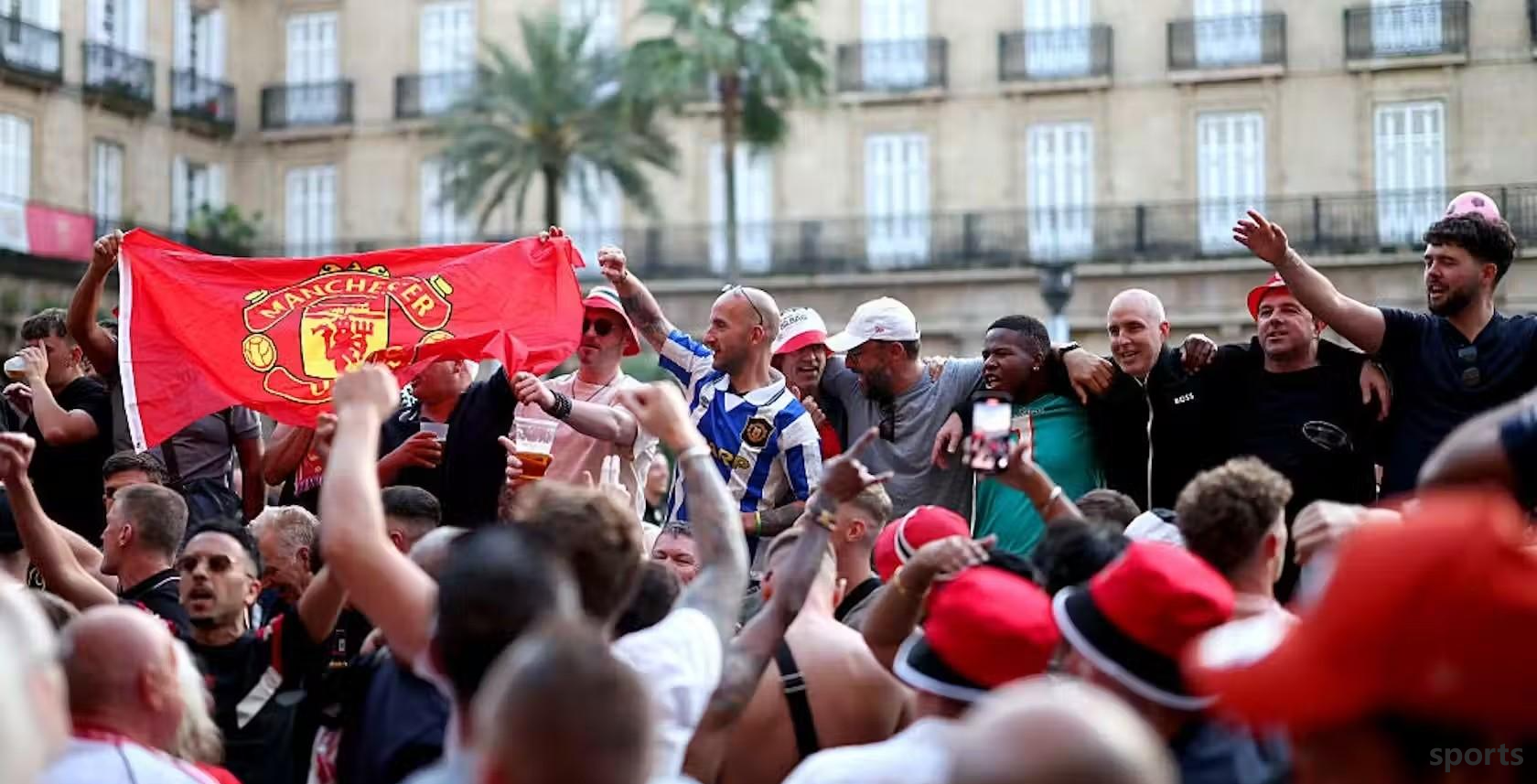
The more profound impact is reflected in the quality of the competition. Although Manchester United's European tour this season has shown the charm of the traditional European tournament atmosphere, their opponents' salary levels are generally far below Premier League standards. Bruno Fernandez revealed that Amorin was surprised by Ipswich's competitiveness, while UEFA opponents may be at a lower level. Although there is no Premier League team in the Champions League final for two consecutive years, it was the playground for super clubs.
This final may become a turning point in the Premier League situation: If Manchester United wins, huge revenue may help them return to their peak; if they lose, it may cause greater turmoil. Ironically, what determines the direction of the billion-euro industry is a deliberately designed and uncertain football game, and this is the ultimate portrayal of the modern football financial game.
Related Posts
- Marca: Real Madrid youth training star Ferran Seco performed well and the club plans to renew the player s contract
- At the age of 16, he played 4 games in the U20 World Youth Championship with 3 goals and 2 assists. AS: The Mexican genius G-Mora is a dreamer of becoming an emperor.
- 2-1, one person wins, 10 players are third in Serie A, overturns first in Serie A, AC Milan wins 4 consecutive wins
- Morning Post: Arsenal s passionate victory over Newcastle, Barcelona reverses to the top, Milan defeats Naples to the top
- Joan Armeni: I m very satisfied with Alonso, he and Ancelotti are both great coaches
- Preview of the lottery event on September 7: World-European Preliminary Luxembourg vs Slovakia Belgium vs Kazakhstan
- Today s football two-string: Genoa vs. Juventus + Vallecano vs. Barcelona
- About Yamal, only Frick in Barcelona can suppress him, don t let him follow Neymar s footsteps
- 1-1! Controversy: Push the opponent away and scores the first goal + the captain kicks the penalty kick. The 890 million-dollar giants escaped from the relegation zone
- Desky: Eber is still working hard to make the Nkunku deal, but it is already very difficult
Hot Posts
- Marca: Real Madrid youth training star Ferran Seco performed well and the club plans to renew the player s contract
- At the age of 16, he played 4 games in the U20 World Youth Championship with 3 goals and 2 assists. AS: The Mexican genius G-Mora is a dreamer of becoming an emperor.
- 2-1, one person wins, 10 players are third in Serie A, overturns first in Serie A, AC Milan wins 4 consecutive wins
- Morning Post: Arsenal s passionate victory over Newcastle, Barcelona reverses to the top, Milan defeats Naples to the top
Recommend

The high-paid dad Neymar does not forget to take care of his baby when playing cards, holds one & in one hand; makes the two kids laugh happily

2-2 big upsets, Ligue 1 draws 14th to 6th Ligue 1, tied in the 96th minute, 38-year-old Arabian savior
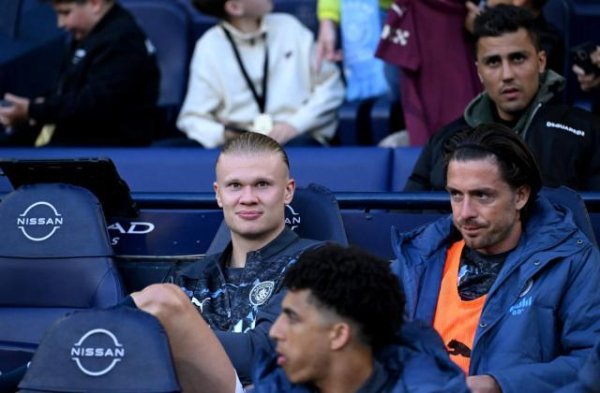
After Haaland was injured, Manchester City s winning rate changed from 35% to 85%

World-class comparison: 17-year-old Yamal Chao s same age C Luo
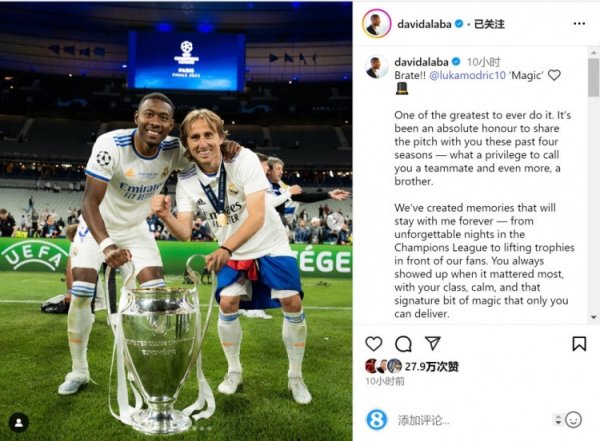
Alaba social media pays tribute to the Magic Flute: One of the greatest players in history, I am honored to have fought side by side with you

A recent photo of Suarez s family, 38 years old, still a superstar, his wife is beautiful, and the family of five is very happy

Haman: Bellingham Jr. performs less than half of his brother, Wilz is a big Bundesliga Premier League

Is it a penalty kick? Simeone Jr. fell to the ground. The referee initially judged the point and watched the replay and thought it was not a foul.